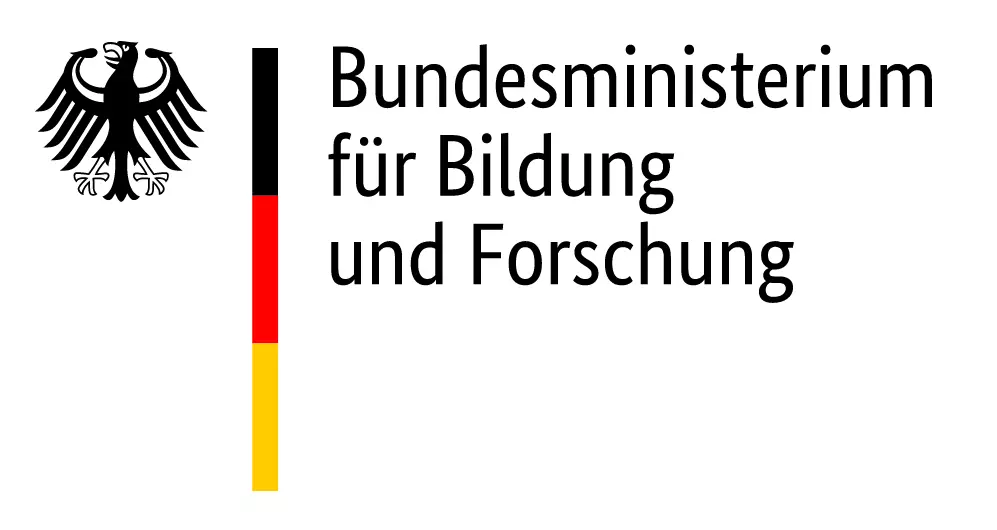Our research projects: Working together for innovations


The “OptiModal” project (optimization of intermodal transport in rural areas) is developing suitable tools for the planning and optimization of demand-driven transport in combination with scheduled services. The project is creating a simulation as a digital twin for the evaluation of offers. With the help of optimization tools, the services are then improved and re-evaluated with the simulation. Structural, movement and usage data of existing mobility services as well as analytical methods including neural networks are used to develop the tools. (2024 – 2026)
Partners: Hochschule Hof – Institut für Informationssysteme der Hochschule Hof (iisys), Technische Universität München – Lehrstuhl für Verkehrstechnik, Fluxguide Ausstellungssysteme GmbH, Plan4Better GmbH
The “REMOBIAS” project (travel planning with an interactive, digital mobility assistant) aims to offer users in rural areas the optimal mobility solution, taking specific preferences into account. The mobility providers to be integrated mainly include carpooling, public transport and shared transport (especially community buses and cars). These are provided with information on an intermodal platform using provider-neutral data standards so that other providers of mobility services and sharing platforms can be connected directly to the platform. (2021 – 2024)
Partners: Universität Oldenburg – Abteilung Wirtschaftsinformatik / Very Large Business Applications, CIBEK GmbH

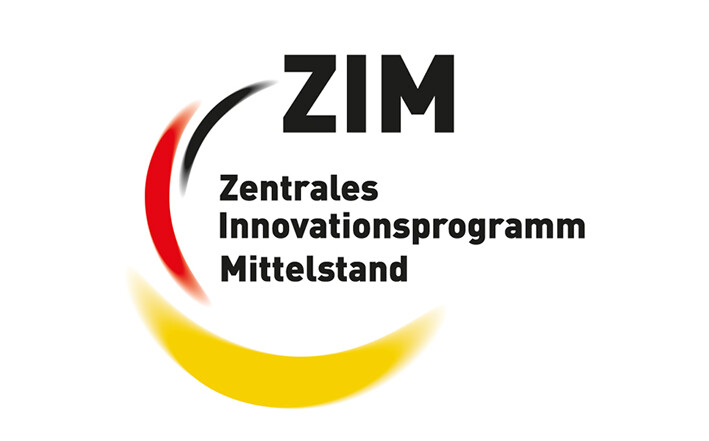
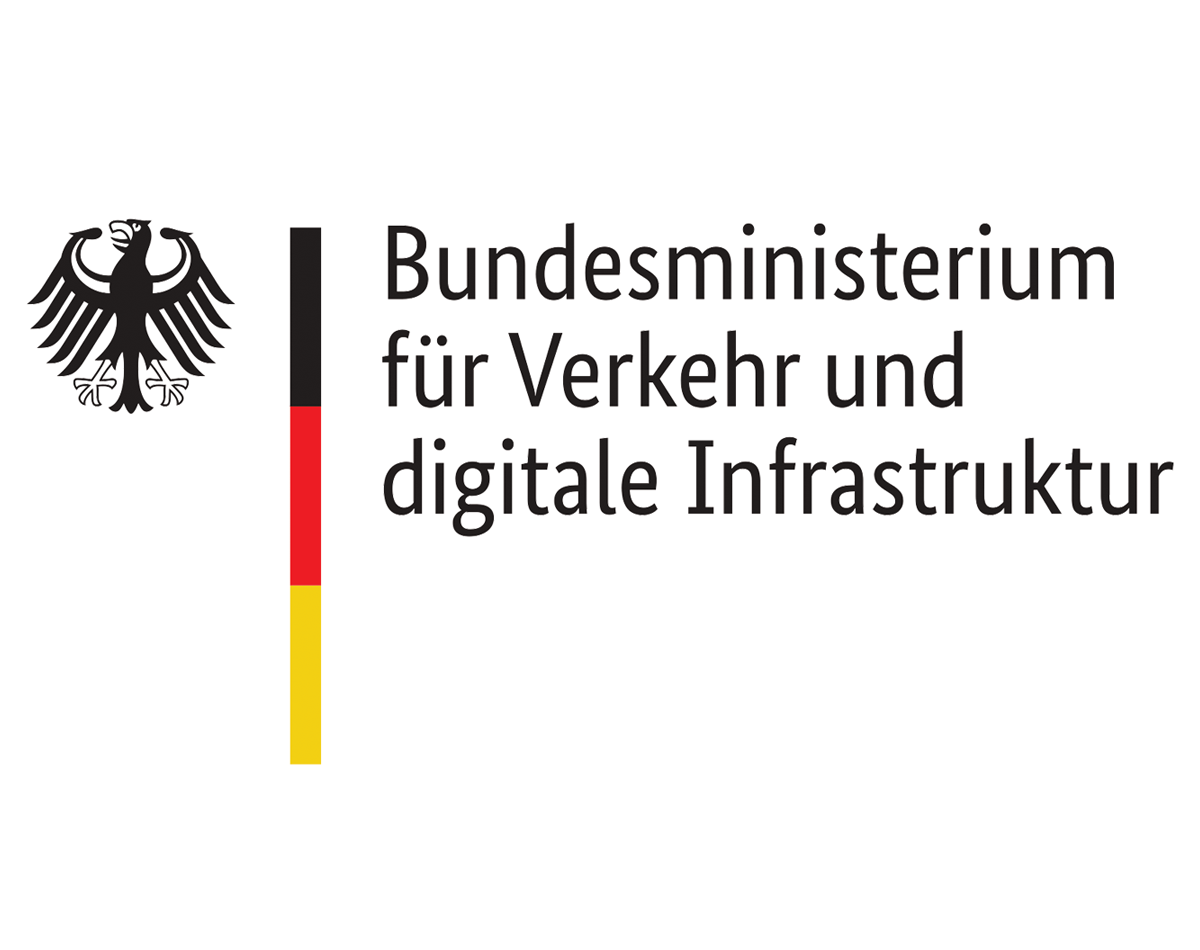

The “FEeoV” project (timetable and real-time data for volunteer-organized transport) aimed to generate timetable data for volunteer-organized mobility services (in particular community buses) and integrate it into dynamic information systems. To this end, a web-based IT tool was developed on the basis of an administration tool from Match Rider. With this tool, timetable data can be easily recorded, transformed into a form that can be read by electronic information systems and integrated into the electronic timetable information system via the existing interfaces of Nahverkehrsgesellschaft Baden-Württemberg. (2019)
Partners: Universität Stuttgart – Lehrstuhl für ABWL und Wirtschaftsinformatik II, Nahverkehrsgesellschaft Baden-Württemberg mbH
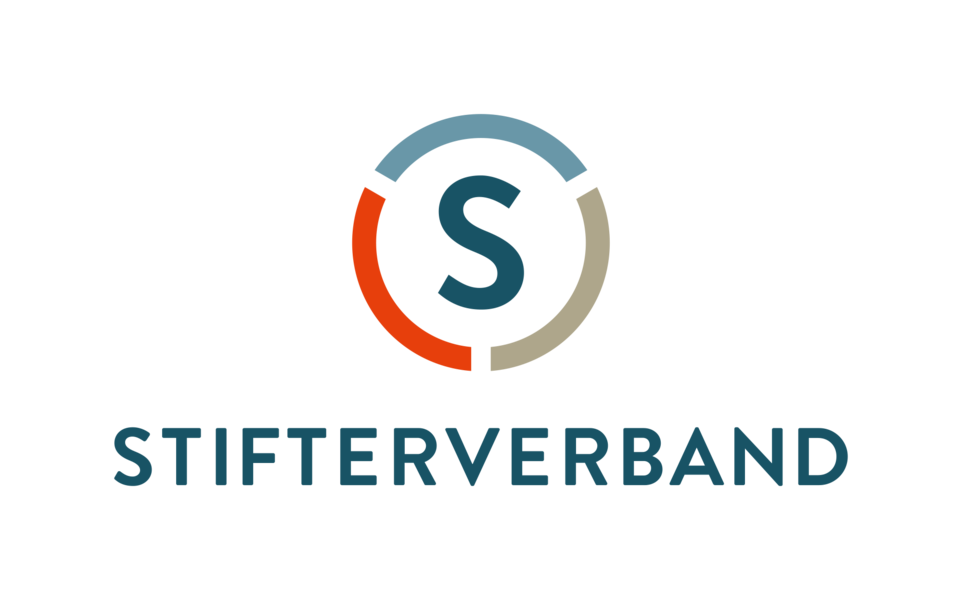
Forschungssiegel des Stifterverband für die Deutsche Wissenschaft e.V. (2022 – 2023)
